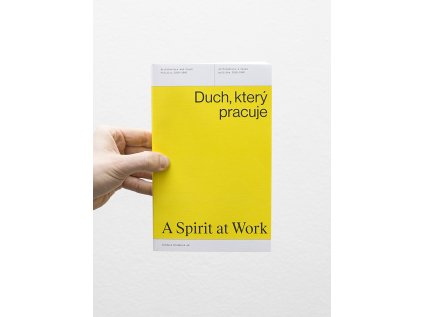Cities have been a critical space of experimentation. The urban commons transform cities around the globe through projects and practices that challenge capitalist accumulation, extraction and enclosure. Together, they give shape to a political proposal that requires the invention of new kinds of institutions, new kinds of spaces and new kinds of actors in charge of their production and reproduction. Understanding the urban commons as open organisational systems for collective management fostered by radical democratic governance models — allows us to tackle urgent issues, such as climate change and social inequality, from a point of view that is both constructive and relational.
The Urban Commons Handbook presents a compilation of definitions, experiences and references around some of the questions that arise when thinking about commoning the city.














